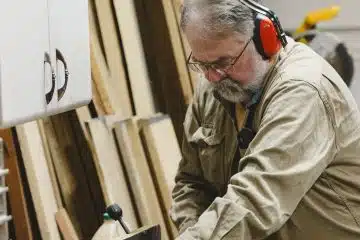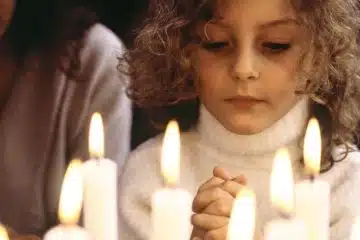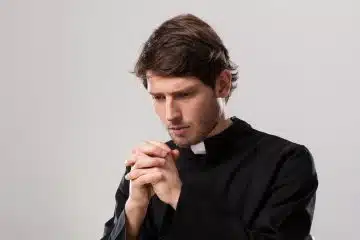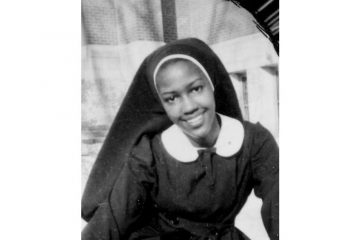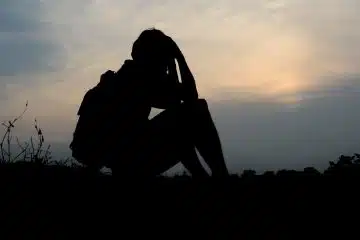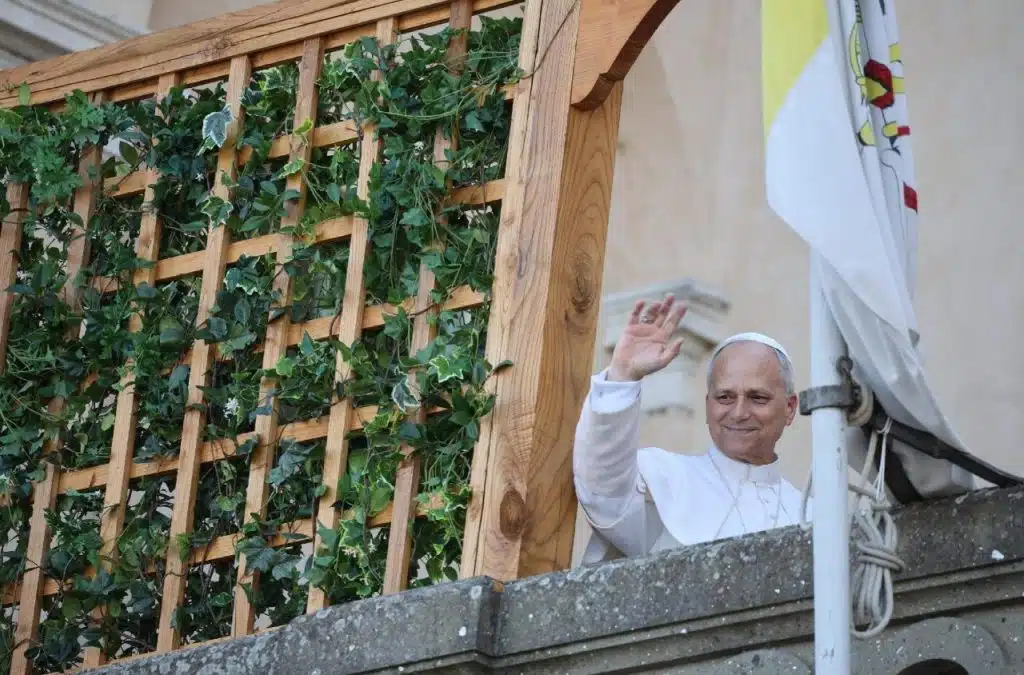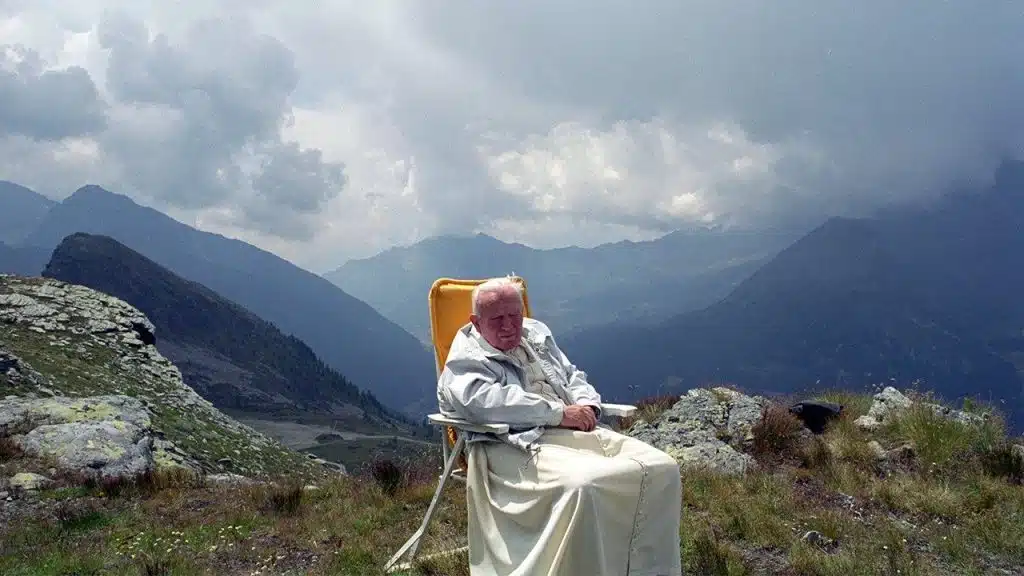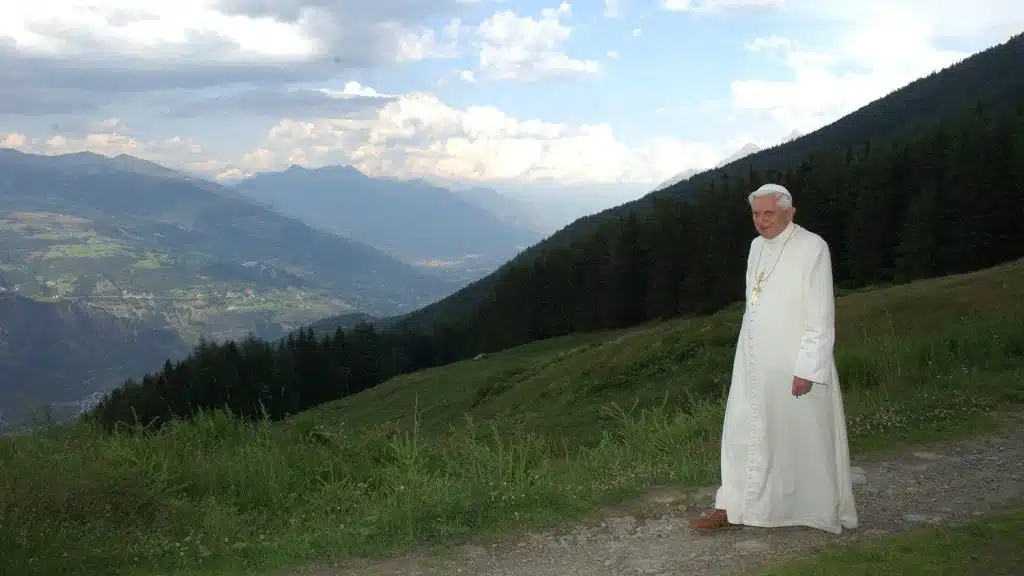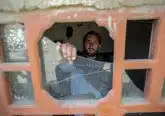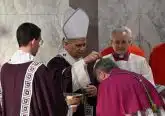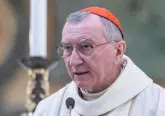How to spend your holidays according to the Popes
As Pope Leo XIV’s takes some time off at the Pontifical Villas of Castel Gandolfo from July 6 to 20, Vatican News looks at what past Popes have said about holidays.
By Amedeo Lomonaco
A break from work to restore physical strength, a chance to travel and contemplate the beauty of nature, a time for reading and new friendships or to meditate and pray. These are some of the aspects that past popes have emphasized when reflecting on the importance of vacation periods.
This summer, the first after his election, Pope Leo XIV will also be taking some time off to rest. From July 6 to 20, and then for a couple more days in August, he will be at the Pontifical Villas in Castel Gandolfo, a town about 25 kilometers (approximately 16 miles) from Rome.


